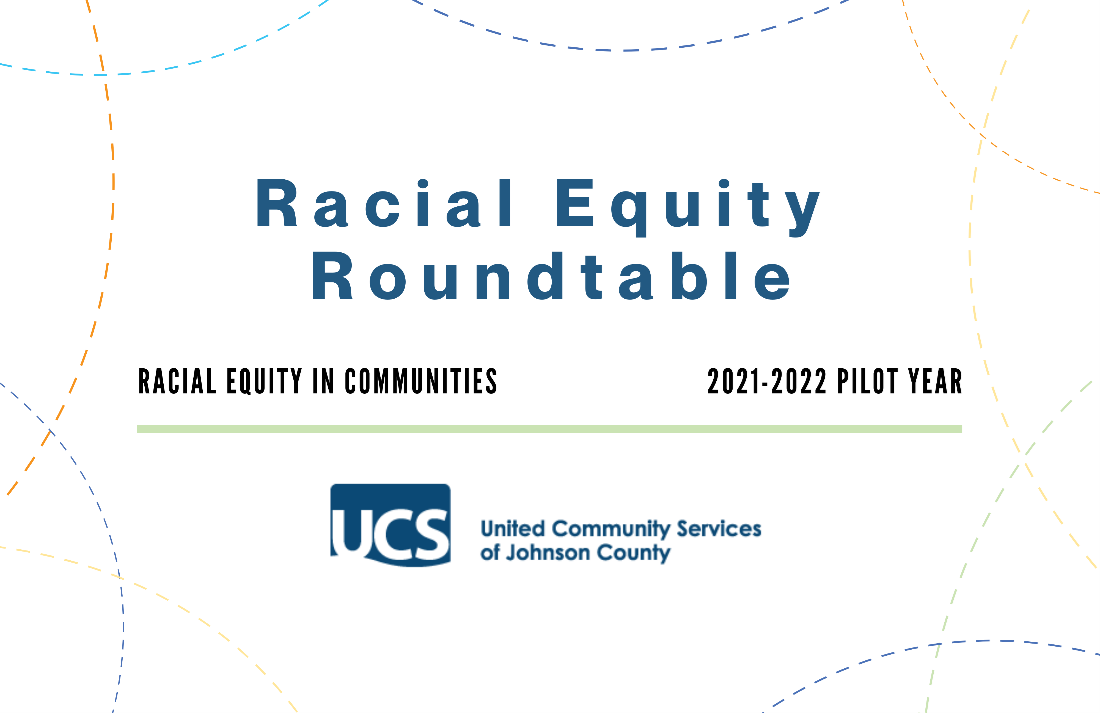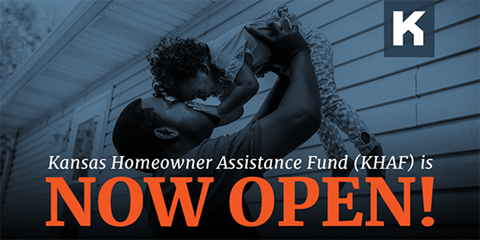Take One Small Step with UCS
Why does it feel like it's so hard to connect with those around us, especially those who have different views?
Perhaps we just need more practice. Perhaps it’s as simple as a conversation.
Conversation is a powerful tool for understanding and connecting with one another. It can be used to discuss the differences in perspectives and build a bridge to understanding and acceptance. We know that a healthy, thriving community depends on our ability to overcome our differences, find common ground, and tackle shared challenges together. Collaboration requires that we are first able to talk to one another, even if we disagree.
That is why UCS is launching a new project that’s all about bringing our community together just to talk. The One Small Step project pairs strangers with different beliefs for a 50-minute conversation about their lives and the things they share.
By talking to people who are different (and not so different) from you, we can come together to feel less torn apart.
We’re looking for Johnson County residents who are inspired and energized by the idea of connecting with people who have different views. Click here to join us!
UCS Hosts Dr. Shannon Portillo at the Racial Equity Roundtable

Last week, UCS hosted a quarterly Racial Equity Roundtable event featuring a presentation and discussion with Dr. Shannon Portillo, former co-chair of Gov. Laura Kelly’s Commission on Racial Equity and Justice (CREJ). Over the past couple of years, CREJ has released a series of reports which makes recommendations for addressing inequities in justice system outcomes, and ways that Kansas can improve racial equity around the Social Determinants of Health, focusing on economic systems, education access, and healthcare.
Portillo is currently Associate Dean of Academic Affairs for the University of Kansas Edwards Campus and its School of Professional Studies, and recently accepted the position of Director of the School of Public Affairs at Arizona State University. She provided an overview of local recommendations for an audience of Johnson County jurisdiction staff, elected officials, residents, as well as community partners from other sectors working on racial equity issues. Following the presentation, Dr. Portillo engaged in open dialogue with participants and offered practical advice for applying the CREJ recommendations to budget and policy decisions.
For more information about the CREJ reports with recommendations for local jurisdictions, visit the commission's website.
The Kansas Homeowner Assistance Fund (KHAF) program is open for applications!

Don’t wait, apply today! Funds are limited.
The Kansas Homeowner’s Assistance Fund (KHAF) program’s goal is to aid homeowners in avoiding foreclosure by assisting with homeownership related expenses.
Applicants must be at least 30 days past due on their mortgage or property taxes/charges to qualify for assistance types.
Habitat for Humanity is offering application assistance for residents. Contact:
Kylie Navarro, knavarro@habitatkc.org, (816) 924-1096 X 1040 OR
Shawn Brantley, sbrantley@habitatkc.org, (816) 924-1096 X 1041
For other questions or to apply on your own, reach out to:
KHAF Call Center at 855-307-KHAF (5423) or complete the KHAF Contact Us Form.
Qualifications
- The household gross income must not be more than 150 percent (150%) of the area median income (AMI) for the County in which the property is located or 100% US Median Income. See KHAF Income Chart.
- The property must be located within the state of Kansas.
- The property must be the applicant’s primary residence.
- The applicant must be the owner of the property.
- Applicants must be at least 30 days past due on their mortgage or property taxes/charges to qualify for assistance types.
- There must be a pandemic-related financial hardship after January 21, 2021 (loss of income or increase in expenses).
- Original mortgage amount must be within conforming loan limits.
Eligible Properties
- Owner Occupied, Primary Residences (second homes and investment properties are not eligible for assistance).
- Single Family Residences, One to Four Unit Dwellings, Condos, Manufactured Homes (affixed and unaffixed) and Townhomes.
Assistance Terms
- $60,000 Max Assistance Amount (this is a combination of up to $50,000 in mortgage reinstatement and payment assistance plus up to $10,000 in property charges and utility/internet/broadband assistance) provided as a grant up to $25,000 and a two-year forgivable, no-interest loan for mortgage related assistance more than $25,000.
Assistance Types
Mortgage Reinstatement Assistance
- Mortgage must be past due by at least 30 days.
- Assistance up to $50,000.
- Reinstatement assistance must bring the mortgage current by curing all past-due amounts.
- This assistance covers past due primary mortgage, second mortgages, reverse mortgages, and even non-traditional loans such as land contracts (contract for deed) or manufactured homes.
Mortgage Payment Assistance
- Must have current mortgage delinquency.
- Combined assistance (including reinstatement) up to $50,000.
- Up to six (6) months of forward payment assistance paid directly to mortgage servicer.
Property Charges Assistance
- Property charges and/or taxes must be past due by at least 30 days.
- Assistance up to $10,000 maximum (inclusive of utility/internet/broadband assistance when applicable).
- This assistance covers past due property charges including property taxes, insurance premiums (including homeowner’s insurance and flood insurance), homeowner association fees, condominium association fees, cooperative maintenance, and common charges.
Utility/Internet/Broadband Assistance
- Must have mortgage or property tax/charge delinquency to qualify.
- Assistance up to $10,000 maximum (inclusive of property charges assistance when applicable).
- This assistance covers past due electricity, water, wastewater, gas, home energy, internet, and broadband.
How do I Start?
- Habitat for Humanity is offering application assistance for residents. For help, contact: Kylie Navarro, knavarro@habitatkc.org, (816) 924-1096 X 1040 OR Shawn Brantley, sbrantley@habitatkc.org, (816) 924-1096 X 1041
- To apply on your own, register for your online account and complete an on-line application.
For questions, please contact the KHAF Call Center at 855-307-KHAF (5423) or complete the KHAF Contact Us Form.


